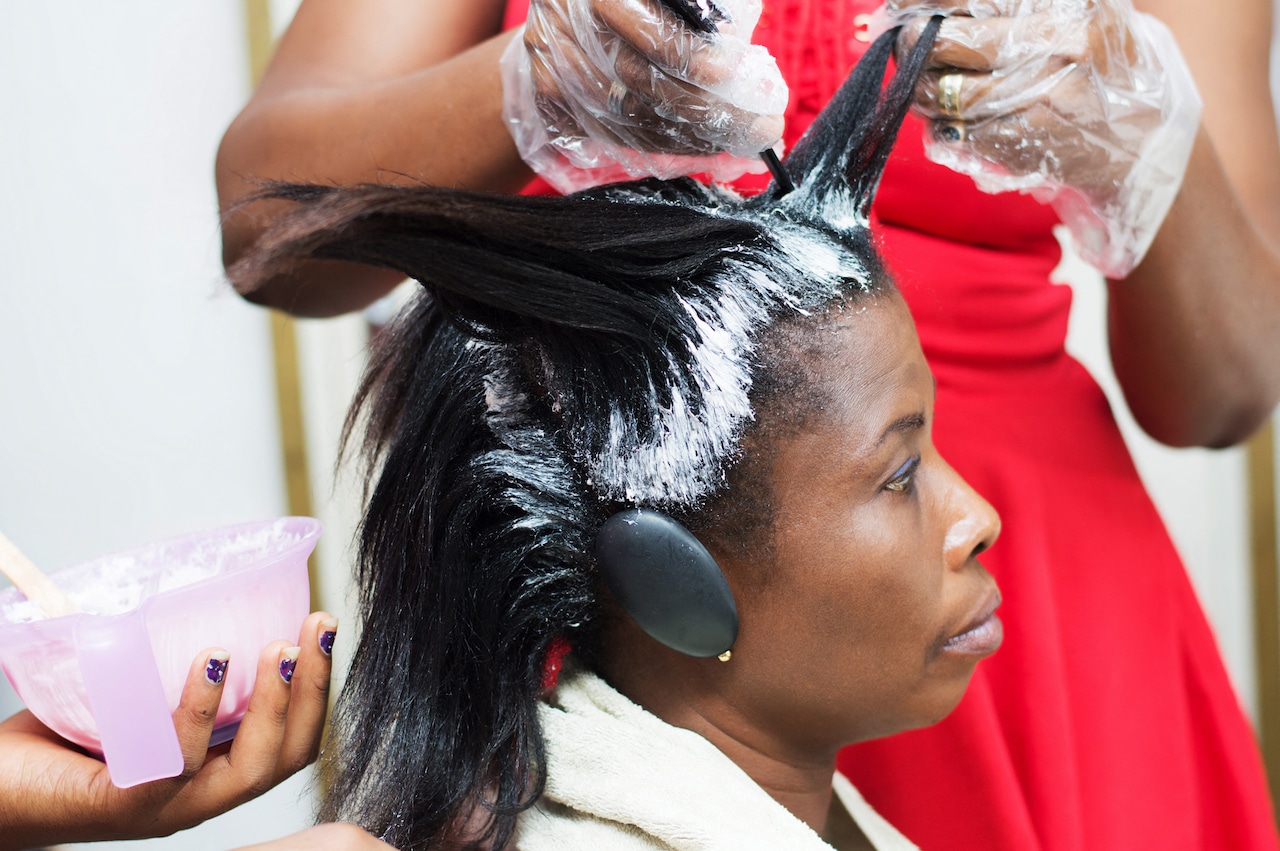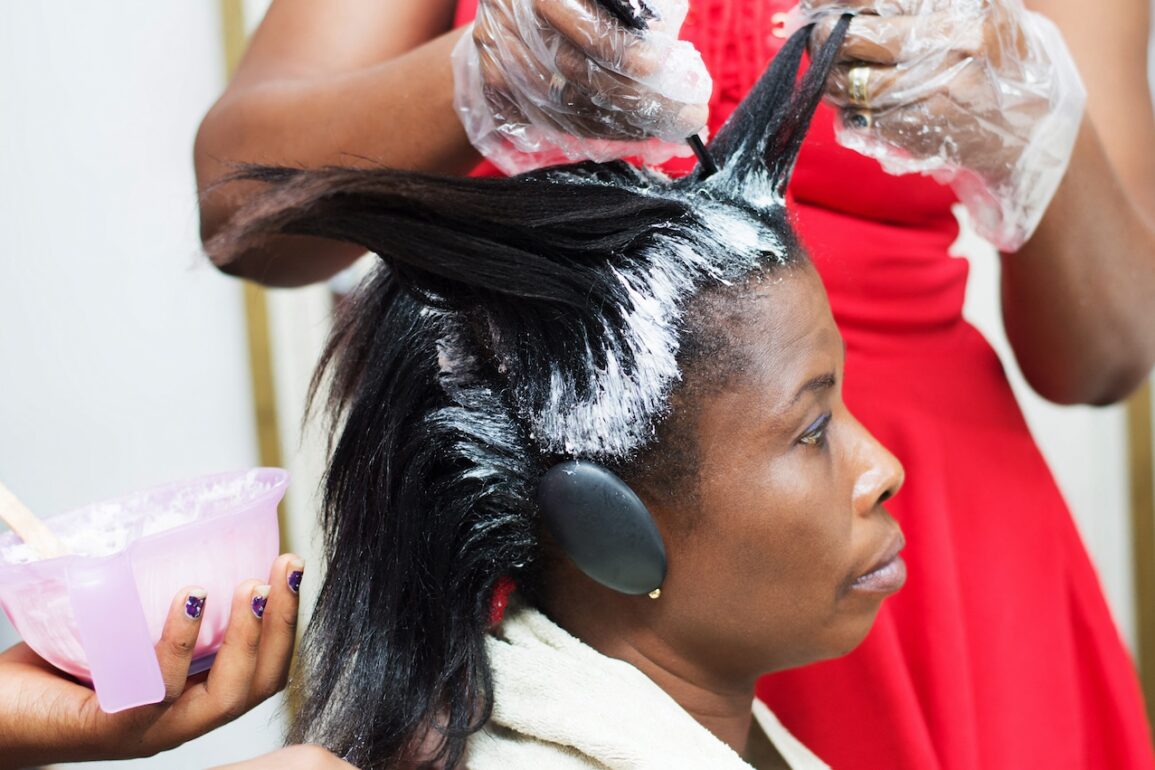
STATEN ISLAND, N.Y. — Recent studies supporting a long-suspected link between cancer and hair relaxers used by Black women have prompted lawsuits across the country and have encouraged the U.S. Food and Drug Administration (FDA) to consider banning those containing formaldehyde.
The Sister Study, led by the National Institute of Environmental Health Sciences in 2022, and several other studies, offer compelling scientific evidence of what has long been suspected to explain racial disparities that scientists have struggled to explain for decades, according to a report in The New York Times.
And over the past year and a half, the studies have prompted lawsuits involving nearly 9,000 plaintiffs across the country along with the potential new action from the federal government, according to the report.
Dr. Tamarra James-Todd, of Harvard’s T.H. Chan School of Public Health, has motivated others, most of them Black women like her, to conduct studies with tens of thousands of subjects as they pursue explanations for these racial disparities, the media outlet reported.
The scientists recalled their own personal experiences in the report, as most used the smelly chemical hair relaxers that burned on the scalp since childhood, to help smooth naturally curly hair.
“I go all the way back to: I was right,” James-Todd told The Times. “That stuff that was burning on my head — it wasn’t safe.”
A robust body of scientific evidence has now shown that straighteners and other hair products marketed to Black girls and women have been linked to endocrine-disrupting substances associated with the early onset of menstruation and many of the reproductive-health issues that follow, from uterine fibroids, preterm birth and infertility, to breast, ovarian and uterine cancer, The Times reported.
Many of the problems are more common in Black women than in other women, especially an aggressive form of breast cancer that contributes to a death rate from the disease that is 28% higher than the rate for white women, according to multiple reports.
The Sister Study found that those who frequently used chemical hair-straightening products, mostly Black women, were two and a half times more likely to develop uterine cancer as those who did not use the products.
“I think we’re sitting in a moment in time,” James-Todd told The Times as her phone continued to ring in the days after the news of the FDA proposal, “where — even if it’s just for a second, because I’m not sure how long it’s going to last — we know that there’s value in doing health-disparities research. We know that there is value in focusing in on the health of women of color.”
The FDA proposed the ban in October 2023, but has yet to implement it.
If and when the FDA removes formaldehyde from relaxers, that ban would not address the fact that most relaxers remain vastly under-regulated and, until recently, insufficiently studied, The Times reported.
Many contain substances prohibited in other countries, according to reports. The FDA prohibits or restricts only nine ingredients that have been proved harmful to human health, The Times reported, noting that in the United States, manufacturers, not the government, are nominally responsible for ensuring product safety.
This post was originally published on this site be sure to check out more of their content.








